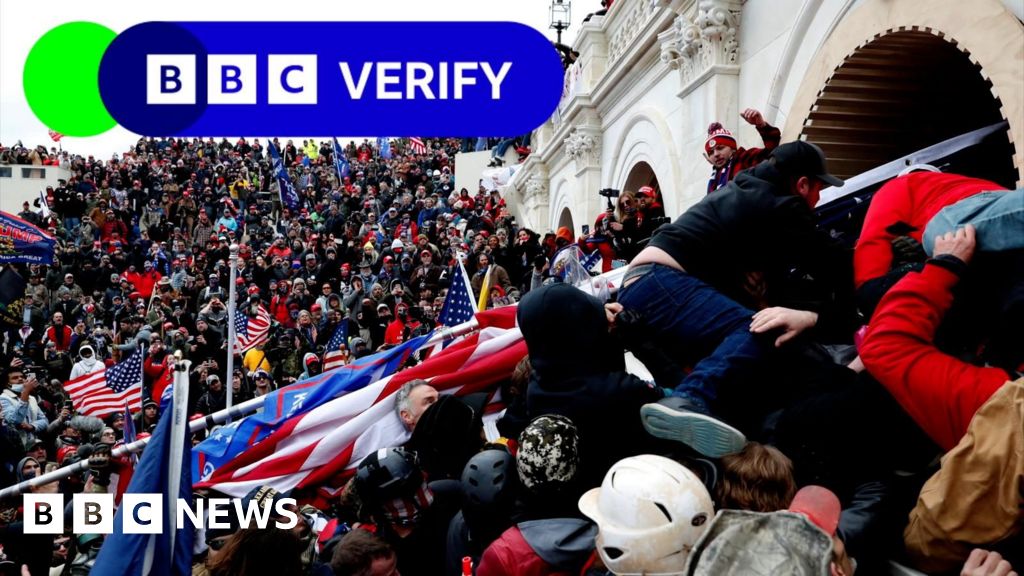
Exploring the Impact of Political Pardons on Modern Governance
Political pardons have played a crucial role in shaping the landscape of modern governance. As historical tools of reconciliation and justice, their implications remain deeply intertwined with executive powers and societal perceptions. Today, as political dynamics evolve, understanding their intricate impact is more important than ever.
Understanding Political Pardons
At their core, political pardons are decisions by authority figures, usually heads of state, to forgive individuals of their legal penalties. The act often comes with debate, praise, and criticism, depending on societal contexts and the individuals involved.
The Roots of Political Pardons
Pardons have a long-standing history, reaching back to monarchical systems where kings exercised divine rights to grant clemency. Such actions were seen as gestures of mercy, often aimed at uniting a divided populace or pacifying tensions. Over centuries, the concept has been adapted to fit democratic structures, now serving various roles in justice systems worldwide.
The Functionality of Pardons in Modern Governance
In today's democratic states, pardons serve to check and balance judicial excesses, provide relief in exceptional cases, and signify executive compassion. However, their application can sometimes spark controversy, highlighting the divide between institutional intentions and public perception.
The Controversies Surrounding Political Pardons
Political pardons straddle a fine line between justice and political expediency. Critics often scrutinize them for potential misuse or for veering too far from the judicial process. This dichotomy presents a significant challenge in maintaining their integrity and purpose.
The Question of Fairness
One of the primary criticisms facing political pardons involves the perceived lack of fairness. Decision-makers, by exercising pardoning powers, might override legal judgments, potentially favoring personal or political allies. Such actions can appear to promote double standards, undermining public trust in judicial and political systems.
The Impact on Accountability
Political pardons hold the potential to affect accountability within governance structures. By forgiving offenses, they may inadvertently dilute responsibility, allowing influential individuals to evade repercussions. This possibility prompts discussions regarding appropriate checks on pardon powers to maintain political transparency and accountability.
Political Pardons and Public Trust
The relationship between political pardons and public trust remains complex. Each pardon, whether welcomed or criticized, plays a significant role in shaping how the public perceives its leaders and institutions.
The Role of Media in Shaping Perception
Modern media platforms have a profound impact on public opinion regarding political pardons. Through extensive coverage and analysis, media shapes narratives that influence public perception. As a result, the way media presents pardons significantly affects the levels of trust citizens place in their leaders.
Repercussions on Governance Stability
Public trust is a cornerstone of governance stability. The manner in which pardons are granted and their subsequent reception can lead to political repercussions. When public trust diminishes, it may impact electoral outcomes and shift political landscapes, underscoring the delicate nature of exercising such powers.
Global Perspectives on Political Pardons
Political pardons differ significantly across the globe, with each country tailoring mechanisms that align with its legal and cultural fabric. Comparing these approaches provides valuable insights into governance processes worldwide.
Case Studies from Various Nations
In the United States, presidential pardons frequently make headlines due to their potential impact on political climates. Conversely, nations like South Africa have used pardons as tools for reconciliation in post-apartheid healing processes. Examining these cases highlights the varied applications and objectives of political pardons globally.
Lessons Learned from International Practices
Analyzing how different countries implement pardoning powers offers lessons in balancing authority with justice. Nations adopting transparent processes and clear criteria have often found success in maintaining public trust. These examples can guide other countries seeking to refine their approaches to political pardons.
The Future of Political Pardons
As modern governance continues to evolve, so too will the role and perception of political pardons. The challenge lies in ensuring these acts remain aligned with justice, serving the public good while adapting to contemporary political contexts.
Emerging Trends and Innovations
In recent years, there have been calls to reform pardon processes, emphasizing transparency and public involvement. Technological advances introduce possibilities for more inclusive and accountable systems, potentially transforming how pardons are perceived and executed.
The Role of Civic Engagement and Advocacy
Civic engagement and advocacy play crucial roles in influencing political actions, including pardons. By voicing concerns and demanding transparency, citizens can actively shape the future landscape of political pardons, ensuring they remain instruments of fairness and justice.
In conclusion, political pardons occupy a pivotal space in modern governance, balancing the scales between mercy and justice. Their future lies in the collective efforts of governments and citizens to uphold democratic values, ensuring pardons fulfill their intended purpose for generations to come.


